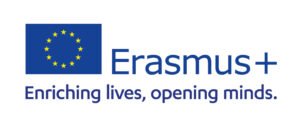There is broad consensus among political and commercial actors that more consistent efforts are needed for fostering sustainable transformation and innovation. Within the IMPACT project, universities from Florence, Madrid, Kraków and Berlin collaborate with European firms that already have a sustainability strategy in place, in order to identify practices and barriers for putting values-based innovation and sustainability- oriented innovation strategies into daily practice. Through 36 field interviews we elicit overarchingethnographic insights from the four counties. Insights and associated challenges overlapacross countries and firms (indicated with same colours), few insights are unique for a single group of firms (grey boxes). (Henning Breuer, HMKW Berlin, Germany).
Another exemplary challenge, named “Vertical Integration”, relates to a pervasive misalignmentbetween executive and operational managers’ implementation of the core corporate values and sustainability-oriented innovation strategy. In some companies wethought that “bottom-up initiatives are encouraged to feed into an actionable strategy and a clear normative framing”. However, we found: “cases of a chasm between hierarchical levels with strategic ambitions unknown at the base and bottom-up initiatives missing adequate response”. A Polish firm addressed this barrier by empowering employees to participate in the definition of its corporate values.
Our material sum up related insights and experiences with barriers and methods shared and discussed in our two iterations of the hot topic discussions (amongapprox. 14 participants). We clustered them into seven topics, enriched some of them with references from the literature.
IMPACT_Agenda_Final_Meeting_final




